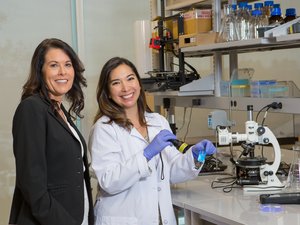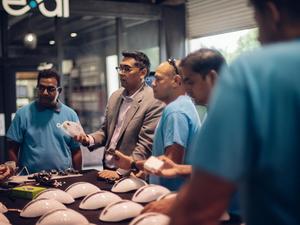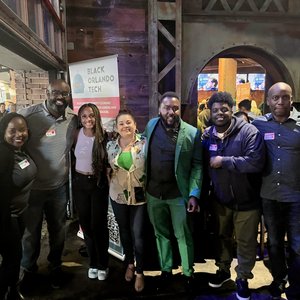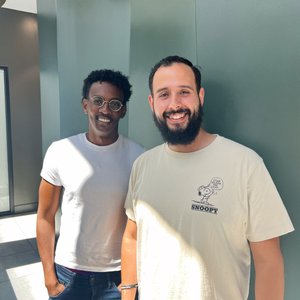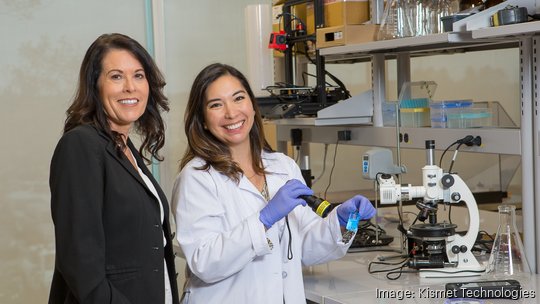
Three Candida auris bloodstream infections were discovered in a Florida hospital in 2020 – all in the same acute care unit, a Centers for Disease Control and Prevention (CDC) report showed. The multidrug-resistant yeast can cause lethal infection, especially in people with weakened immune systems.
Now, an Orlando-based Kismet Technologies has won a $500,000 grant from the National Science Foundation to fund continued research on its antimicrobial technology, which aims to eradicate the spread of Candida auris on both soft and hard surfaces in health care environments.
The fungal infection has been a growing concern since it first was discovered in 2009 in the ear of an elderly patient in Japan. Candida auris can be asymptomatic, is hard to identify with standard lab methods and can live on surfaces for long periods.
It has spread rapidly and globally, prompting a search for better containment and management strategies.
“The severity and high mortality rate associated with C. auris colonized patients make this grant all the more impactful,” said Kismet co-founder and CEO Dr. Christina Drake in a prepared statement. "The STTR award process was highly competitive, and this grant is a strong endorsement of our antimicrobial technology’s efficacy in tackling C. auris and its biofilms."
The National Science Foundation awards fewer than 10 STTR Phase II grants annually, with only a small percentage going to women-led businesses such as Kismet.
Kismet — which has developed a nanotechnology called NanoRAD — was founded in 2019. Once applied to a surface, NanoRAD continually deactivates viruses and bacteria while not contributing to anti-microbial resistance.
The Covid-19 pandemic spawned heightened awareness of infection prevention to ensure a safe health care environment for patients and staff. On the hunt for solutions, Orlando Health’s Vice President of Strategic Innovation Michael Schmidt found Kismet — and the local health care system became Kismet’s first hospital partner.
"It is notoriously difficult to sell in health care — there are usually multiple decision makers and committees,” said Drake during a UCF Business Incubation Program panel discussion. “The most helpful thing for us was actually getting the value proposition right, being able to talk to Orlando Health and understand what the issues are in a real clinical environment.”
Now, she said, Kismet has more hospitals reaching out to her business than it has the bandwidth to work with.
The company opened a 10,000-square-foot manufacturing facility near Orlando International Airport last year.
There, the firm makes its main nanoparticles in a relatively straightforward process that involves using deionized water to synthesize them. Kismet allows the nanoparticles to sit in a heating jacket for a few weeks to get the robust microbiome required to achieve the disinfectant's potentially groundbreaking potential.
Also in 2023, Kismet closed a $5 million seed round and won an earlier $1 million National Science Foundation grant.
Sign up for the Business Journal’s free morning and afternoon daily newsletters to receive the latest business news affecting Orlando. Download the free OBJ app for breaking news alerts on your phone.
